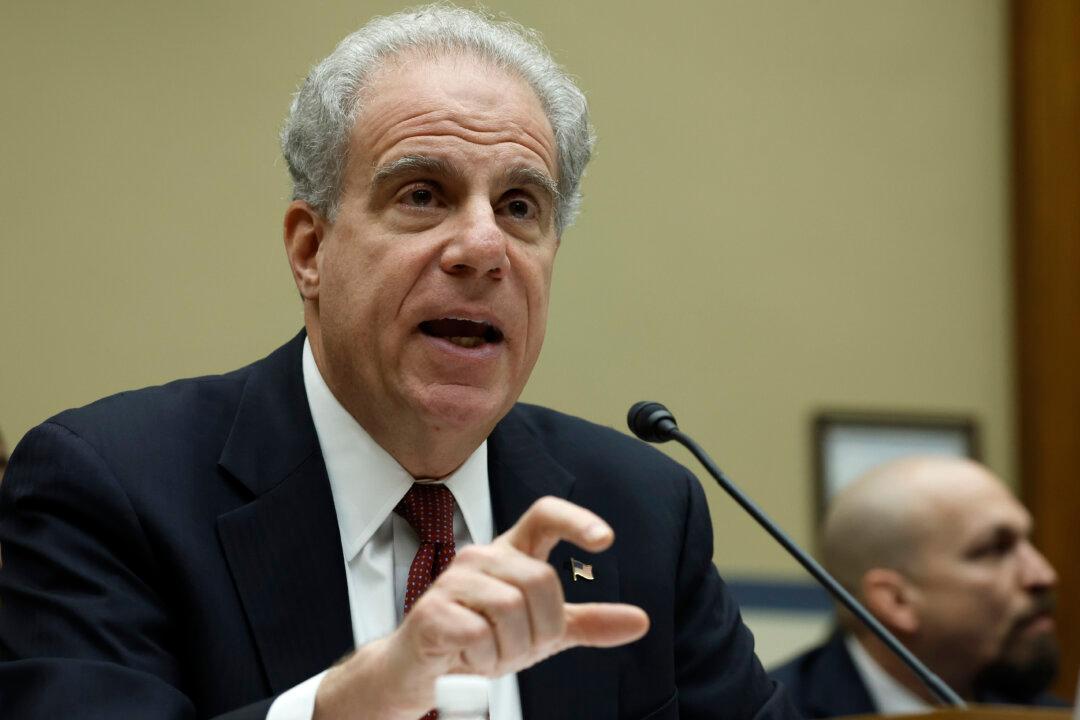Federal watchdog officials are asking Congress to extend the statute of limitations to prosecute COVID-19 pandemic-era unemployment fraud cases.
During a House Ways and Means Committee hearing on Wednesday, Department of Labor Inspector General (DOL) Larry Turner testified (pdf) that he expects his department to be busy investigating pandemic-related fraud through at least September 2026 “when the statute of limitations for most pandemic-related violations will have expired.”





